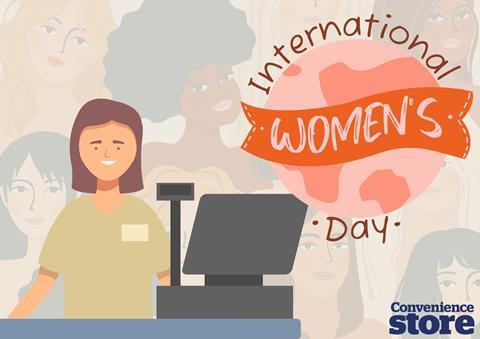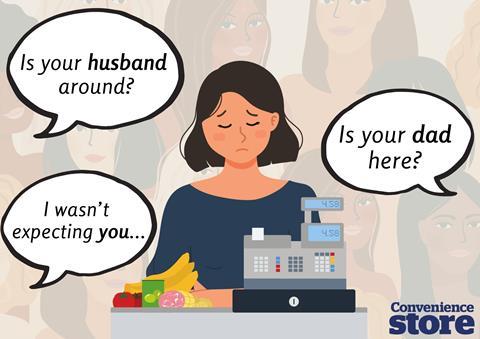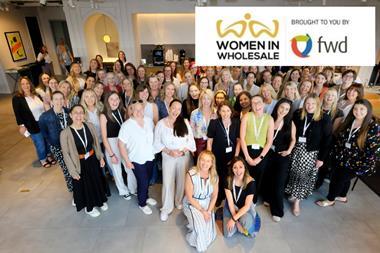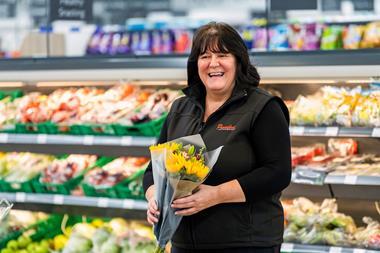
Women retailers continue to face a myriad of challenges, according to Glasgow-based retailer Nathalie Fullerton.
“How much time do I have?” jokes Nathalie, who had just been asked about her struggles as a woman in the industry. “It’s a daily thing,” she adds.
Female store owners have to “prove again and again” that they are, in fact, the ones in charge, she tells Convenience Store. One issue that strikes Nathalie is the “outdated assumptions” about her role in business, particularly when sales representatives turn up at her store.
Regular visits from sales reps are quite the norm for Nathalie, however, she says as soon as they come in they’ll “ask for the owner”. She doesn’t raise that as the issue, instead, it’s the next words that come out of many sales reps’ mouths that truly discourage her, the One Stop retailer explains.
“When I come out from the office they’ll go ‘oh no I was actually looking for your dad’. I’m like ‘why would you be looking for my dad, I’m the owner’ and they give me this kind of look,” she says.

Nathalie describes the encounters as “awful” and “demotivating” and says they happen “all the time”.
“I know sometimes it’s a cultural thing because with some dynamics, if an Asian woman is in the shop, it’s usually her husband’s shop or her dad’s shop, which I understand in the olden days. But it shouldn’t be assumed nowadays because it’s not fair.
“I’m a first generation retailer. My parents were not retailers, my dad is a maths teacher and my mum is a speech and language therapist. I decided retail was something that I wanted to do,” she says.
Nathalie has found herself in situations where she’s needed to further clarify that it’s not her father’s business. “You think to yourself, this isn’t the first time i’ve heard this. You’re still asking for my dad or my husband. What is it you want? Just talk to me,” she says.
She says the “worst part” is that whatever they’ve come to sell, she instantly loses interest because they have “disrespected” her.
Businesses should provide their employees with “more education” because those “perceptions are no longer acceptable or valid,” highlights Nathalie. “More awareness should be shared on how assumptions can make individuals feel,” she adds.
Despite women representing 65% of the convenience sector workforce, according to the ACS Local Shop Report 2024, Nathalie sadly explains that gender equality should be “a lot different in this day and age”. And that’s why International Women’s Day (8 March) serves as a reminder that there is still a “long way to go before we’re even close to being semi equal,” she says.
































No comments yet